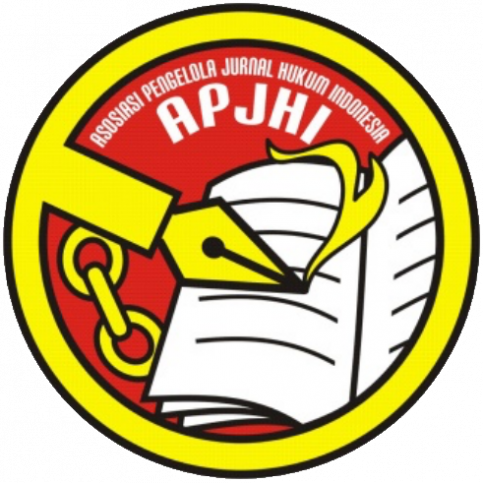The Role of Village-Owned Enterprises (Bumdes) in Achieving a Green Economy through Waste Banks in Transforming Waste to Diesel Energy
Abstract
In the effort to manage waste, waste processing is frequently handled by larger groups or stakeholders with substantial capital. Therefore, this scholarly work proposes the independent processing of waste using financially accessible equipment. This initiative is grounded in waste mitigation efforts commencing early at the village governance level, acting as collectors and managers of waste. This concept aligns with the elevation of economy based on green economics, considering the global Sustainable Development Goals (SDGs) program. The implementation of this concept yields a dual impact, strengthening the village economy through BUMDES while simultaneously mitigating environmental pollution resulting from poorly managed waste. This research utilizes a normative method with statutory, conceptual, and field approaches. This study is tested in Balun Village, Turi Sub-district, Lamongan Regency, East Java Province, through collaboration between the Village-Owned Enterprise "Sumber Mandiri" and Bhayangkara University Surabaya. In its implementation phase, the primary objective is to create a Waste Bank as a platform for sourcing main raw materials from waste to produce alternative fuel as a substitute for diesel. The subsequent step involves waste processing through integrated distillation and pyrolysis machines.
Keywords: Bumdes, Waste Management, Green Economy
Full Text:
PDFDOI: http://dx.doi.org/10.31000/jhr.v12i1.10582
Article Metrics
Abstract - 1014 PDF - 604Refbacks
- There are currently no refbacks.

This work is licensed under a Creative Commons Attribution-ShareAlike 4.0 International License.

